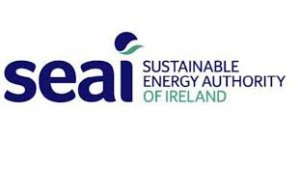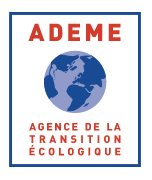AXIS Joint Call for Proposals: Assessment of Cross(X)-sectoral climate Impacts and pathways for Sustainable transformation
The ERA-NET AXIS is a network of 11 funding organisations from 10 European countries that has been created to promote cross-boundary, cross-community research with the overall goal to improve coherence, integration and robustness of climate impact research and connect it to societal needs. To this effect, AXIS aims to bring together international expertise in the areas of this Call for Proposals and work on overcoming boundaries between science communities through inter- or transdisciplinary research projects.
JPI Climate





